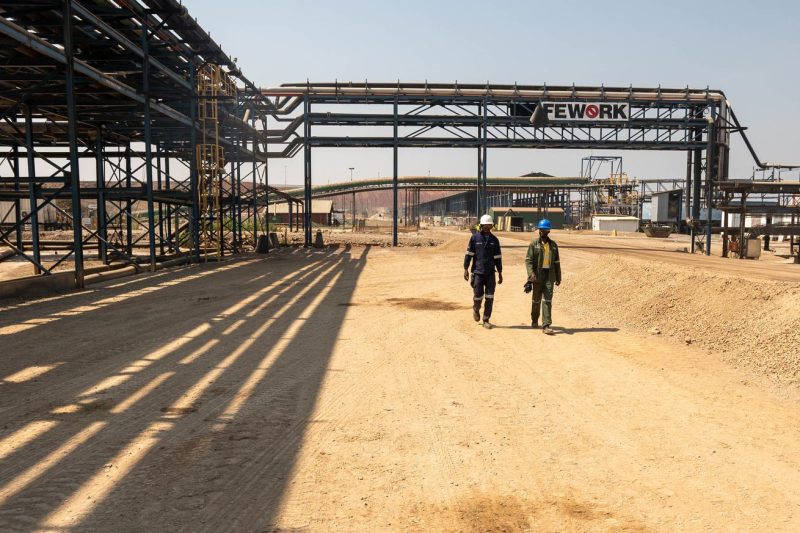The increasing demand for electric vehicles (EVs) has spurred a booming industry that aims to revolutionize transportation through sustainable technology. However, behind the facade of eco-friendly vehicles lies a dark reality of human rights abuses in the EV supply chain that the industry can no longer ignore.
One of the primary issues plaguing the EV industry is the extraction of key minerals required for battery production. Cobalt, a critical component in lithium-ion batteries used in EVs, is predominantly sourced from the Democratic Republic of Congo (DRC), where child labor and hazardous working conditions are rampant. Despite efforts by industry players to address these challenges, the complex supply chain dynamics make it difficult to completely eradicate such practices.
Furthermore, the environmental impact of mining these minerals extends beyond human rights abuses. Deforestation, water pollution, and ecosystem destruction are just some of the consequences of irresponsible mining practices associated with the production of EV components. This highlights the need for a comprehensive approach that considers both the social and environmental implications of sourcing raw materials for EV manufacturing.
Another pressing issue facing the EV industry is the lack of transparency in supply chains. Many companies claim to uphold ethical standards, yet fail to provide concrete evidence of responsible sourcing practices. This opacity not only hampers efforts to hold companies accountable but also erodes consumer trust in the sustainability credentials of EVs.
Moreover, the reliance on overseas suppliers for key components poses a risk to the stability of the EV supply chain. Disruptions caused by geopolitical tensions, trade conflicts, or natural disasters can have far-reaching consequences for the industry, highlighting the importance of diversifying sourcing strategies and promoting local production where feasible.
To address these challenges, stakeholders across the EV value chain must collaborate to develop and implement robust standards for responsible sourcing. This includes engaging with local communities, supporting small-scale miners, and investing in technologies that promote sustainable mining practices. Companies that prioritize transparency and accountability in their supply chains will not only mitigate risks but also gain a competitive edge in an increasingly conscious market.
In conclusion, while the EV industry offers immense potential to drive a greener future, it must acknowledge and confront the human rights abuses embedded in its supply chain. By taking proactive steps to promote ethical sourcing practices, prioritize transparency, and foster resilience in the supply chain, the industry can pave the way for a more sustainable and socially responsible future of mobility.




























